The Southern Democrats come to power by disenfranchising the Negro. They know that as long as Black workers are voteless, exploited, and underpaid, the fight of the white workers for decent wages and working conditions will fail. They know that semi-slavery for one means semi-slavery for all. We march to demonstrate, massively and dramatically, our unalterable opposition to these forces — and to their century-long robbery of the American people. Our bodies, numbering over 100,000, will bear witness — will serve historic notice — that Jobs and Freedom are needed NOW. — excerpt from March on Washington for Jobs and Freedom: Organizing Manual No. 2
On Aug. 28, 1963, hundreds of thousands of people from across the United States marched on Washington for Jobs and Freedom.
When most people think of the 1963 March on Washington for Jobs and Freedom, what comes to mind is Dr. Martin Luther King Jr.’s iconic statement, “I Have a Dream.” In truth, there was much more to this historic event than these four words in King’s speech.
The March on Washington was a milestone in a movement that spanned many years of activism, organizing, and civil disobedience by a wide variety of civil rights’ groups. The date of the march itself symbolizes that long history — the March on Washington was held on the 100th anniversary year of the Emancipation Proclamation (1863) and eight years to the day after 14-year-old Emmett Till was lynched in Mississippi (Aug. 28, 1955).
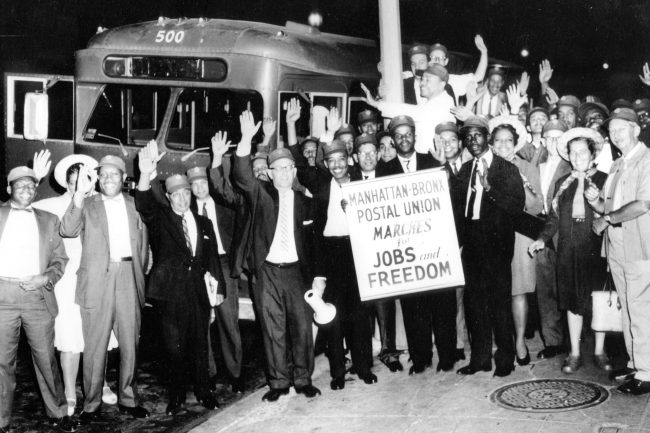
New York postal workers get on the bus for Washington. Source: New York Metro Area Postal Union Photographs Collection, Tamiment Library and Robert F. Wagner Labor Archives, NYU
While Dr. King was a major player, the March on Washington did not begin as a classic civil rights march and was not initiated by him. There is one constituency that can legitimately claim the legacy of the march — one that has been eclipsed in both history as well as in much of the lead-up to the August 2013 commemorations: Black labor.
Continue reading “Claiming and Teaching the 1963 March on Washington” by Bill Fletcher Jr. on the hidden history of the 1963 March.
Also, read You’ve Been Lied to About the 1963 March on Washington, a 2022 interview with William P. Jones in Jacobin.
Find related teaching resources below.

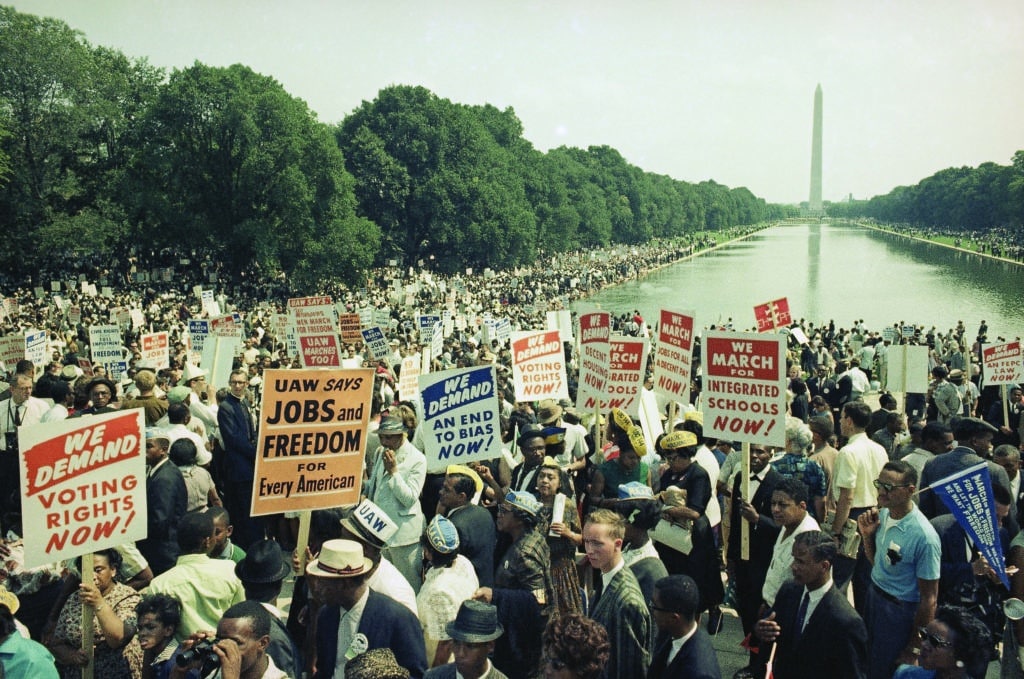
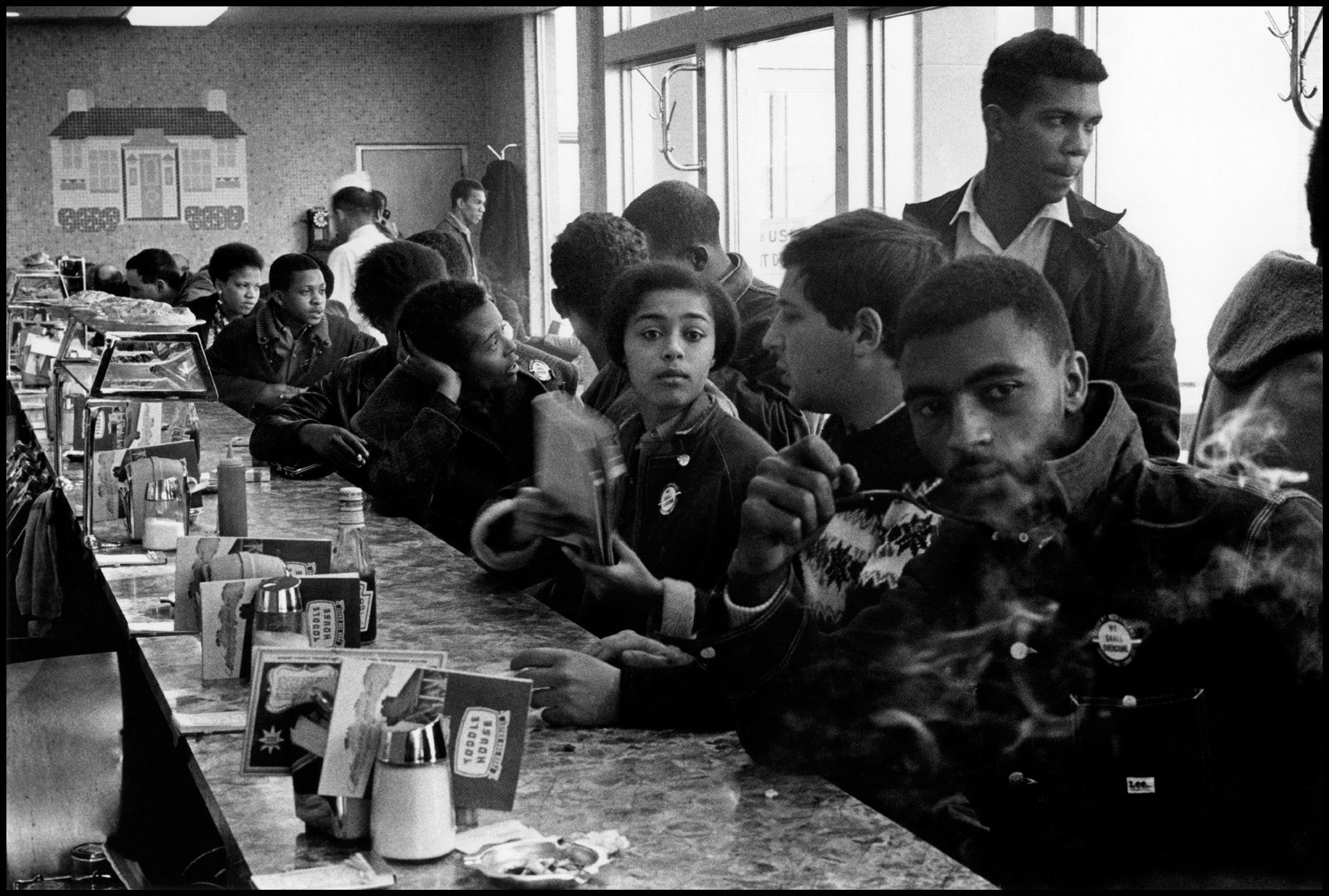
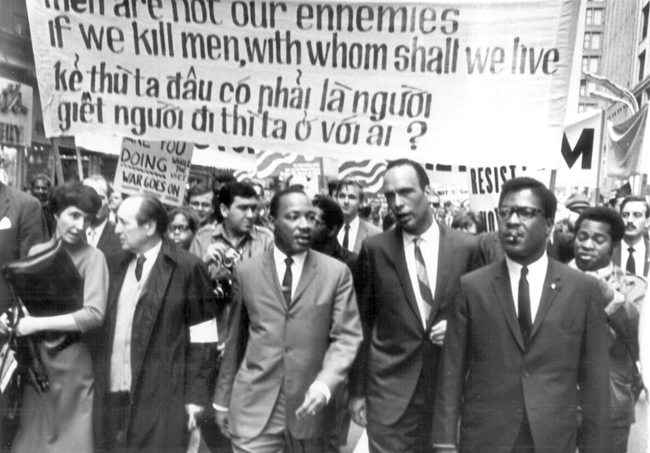
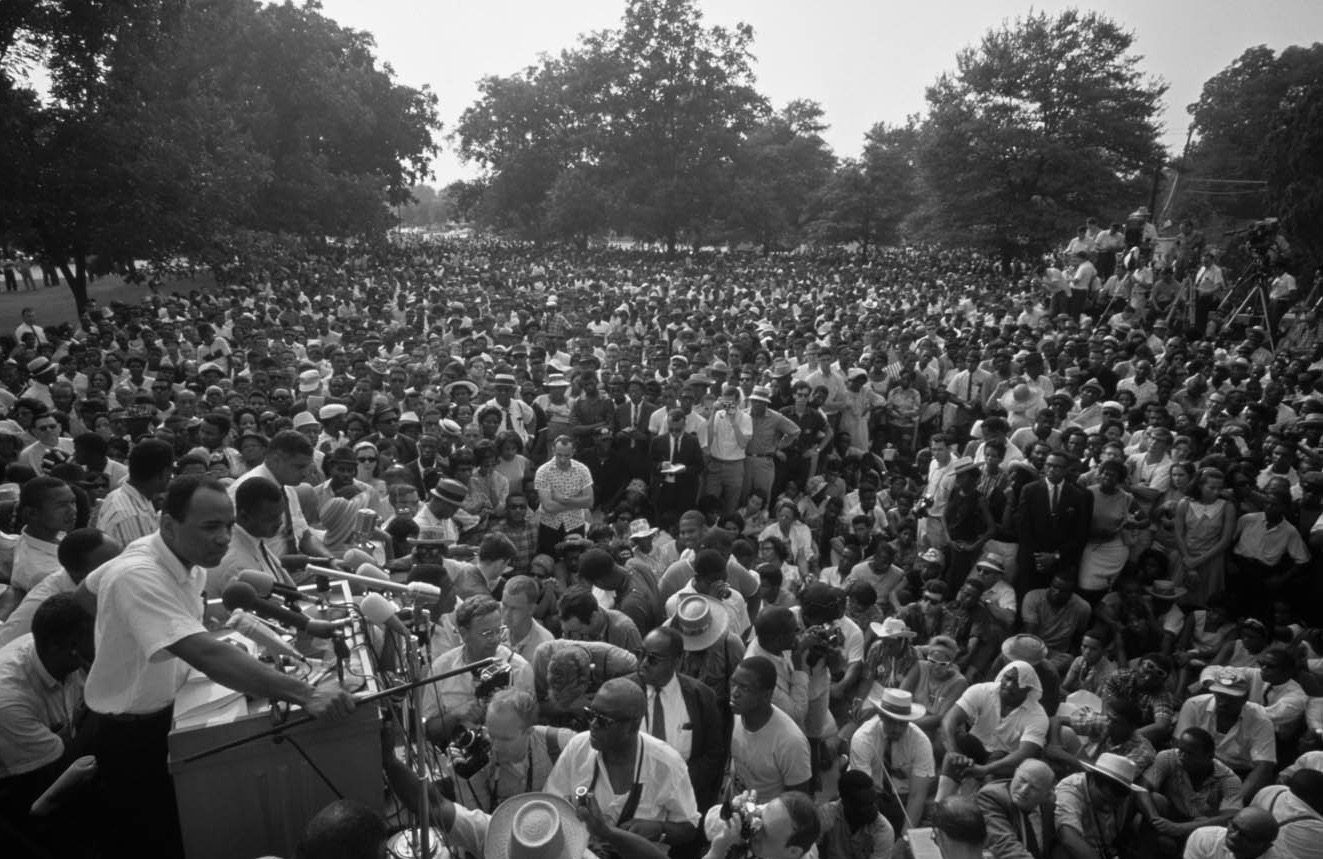
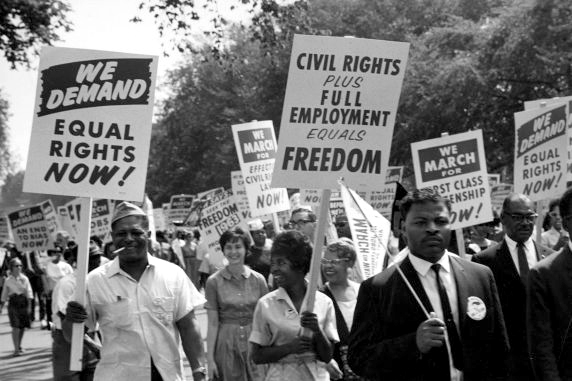


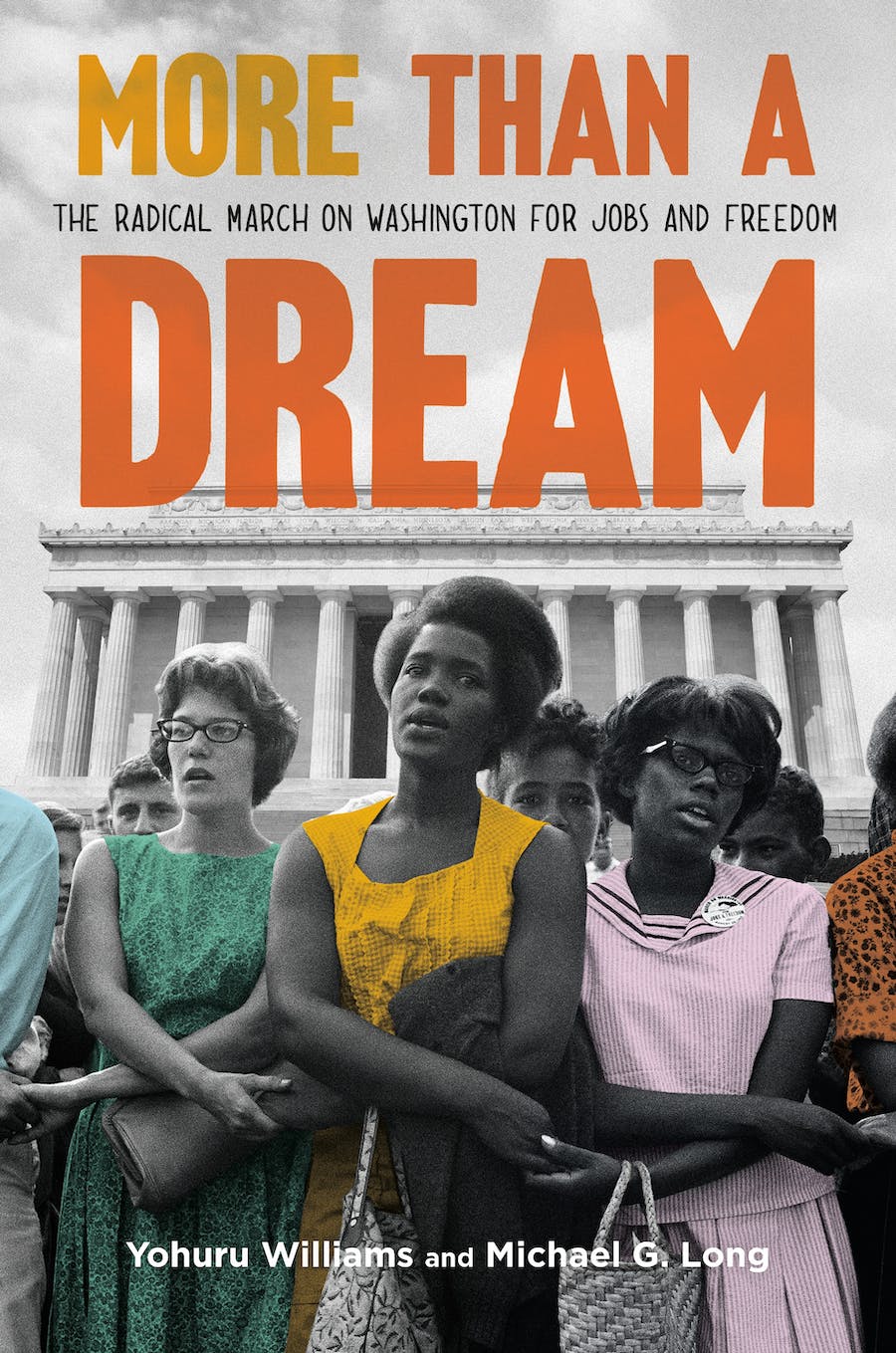
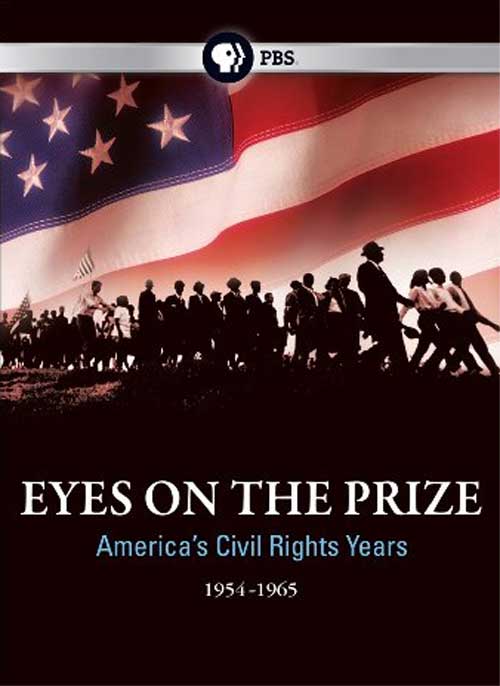
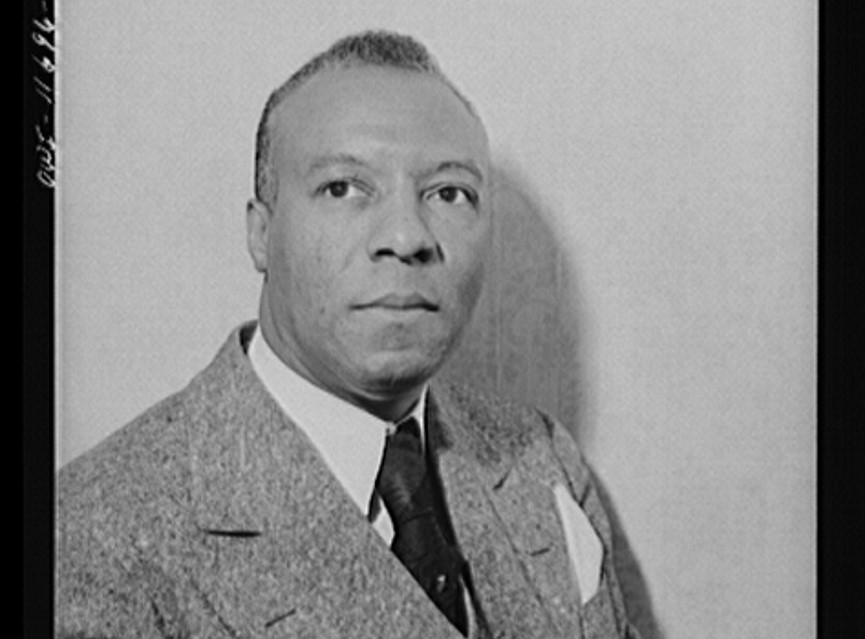
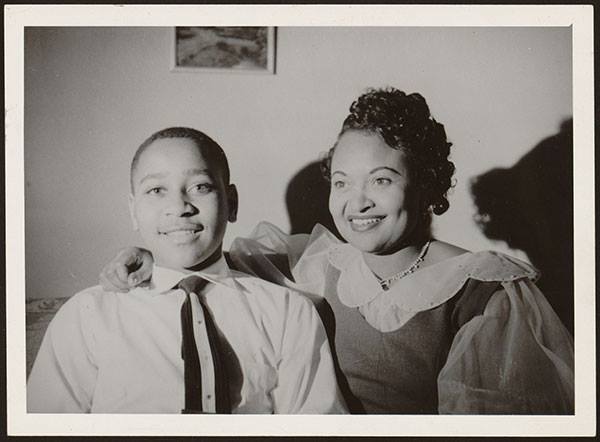






Twitter
Google plus
LinkedIn